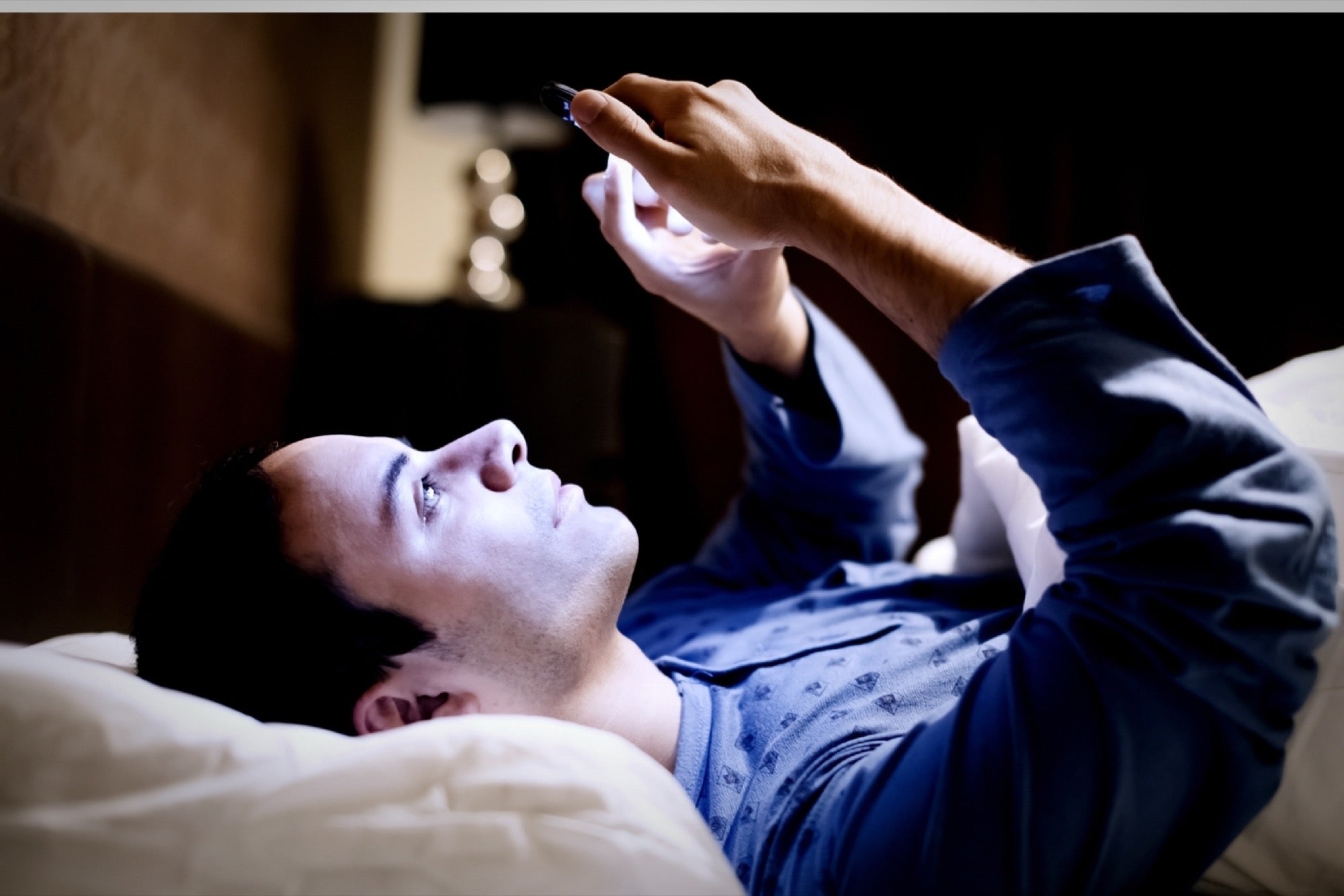New Study Reveals That 'Night Owls' May Have a Special Genetic Variant Staying up late may not be your fault -- you were born that way.
By Rose Leadem
Opinions expressed by BIZ Experiences contributors are their own.

Do you identify as a night owl? You may be a mutant. Researchers at Rockefeller University in New York discovered that the tendency to stay up late may in fact be due to a gene mutation.
The gene, "CRY1," which helps control our circadian clocks that dictate when we feel sleepy, was found to be different in many people who experience more energy at night. These "night owls," who have a variant of this gene, have a longer circadian cycle than others, causing them to stay awake later. These results were published in the journal Cell.
Related: Not an Early Bird? Here's How Night Owls Can Still Find Success.
So if you've been up at night, wondering why you can't sleep, you might be happy to know it's probably not your fault. Like other disorders derived from genetic mutations such as narcolepsy and insomnia, this "night owl" syndrome -- which scientists identify as Delayed Sleep Phase Disorder (DSPD) -- turns out to be one as well. In fact, it's common: the mutation that can cause DSPD may be present in as many as one in 75 people.
Partnered with sleep researchers at Weill Cornell Medical College, senior author and head of Rockefeller's Laboratory of Genetics Michael W. Young and co-author and research associate Alina Patke studied a group of participants who spent two weeks in a research apartment that lacked any indications of time. Discovering that most people continued with a regular sleeping and eating schedule, the researchers noticed one person in particular who stayed up and ate later than everyone else.
Related: 12 Gadgets to Help You Sleep Better
"Melatonin levels start to rise around 9 or 10 at night in most people," Young said. "In this DSPD patient that doesn't happen until 2 or 3 in the morning."
Researching the DNA of this person, researchers found a mutation in the "CRY1" gene and also discovered that all of the patient's family had signs of DSPD or persistent sleep problems. Five of the family members also possessed the genetic mutation. Sparking further research, the scientists found "the mutation is dominant, which means that having just one copy of it can cause a sleep disorder."












